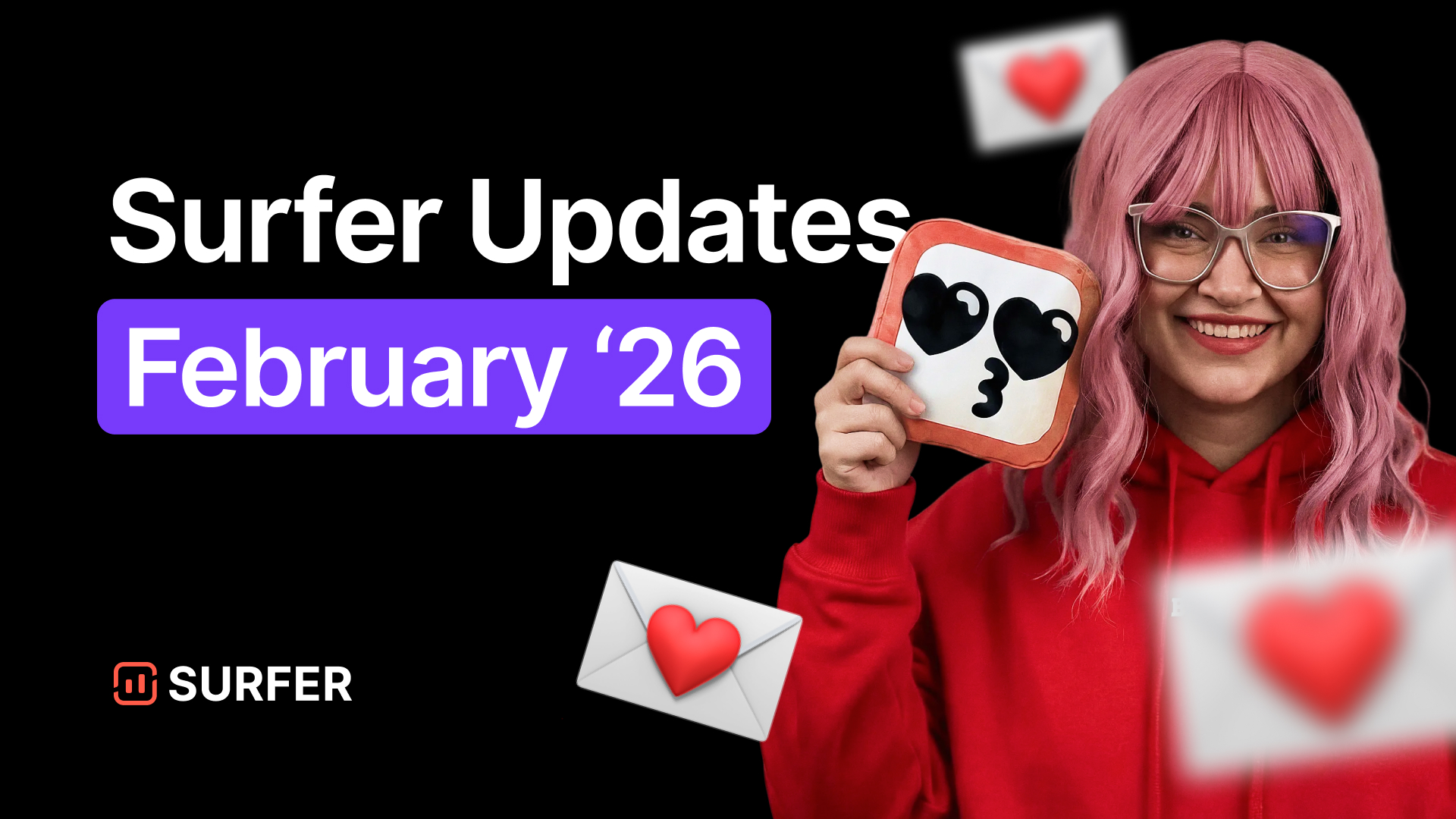SEO Funnel Guide: Strategies for Effective Organic Conversions
Learn how to build an effective SEO funnel that guides users from discovery to conversion. Discover proven strategies to optimize each stage of your funnel for maximum organic traffic and conversions.






.avif)










